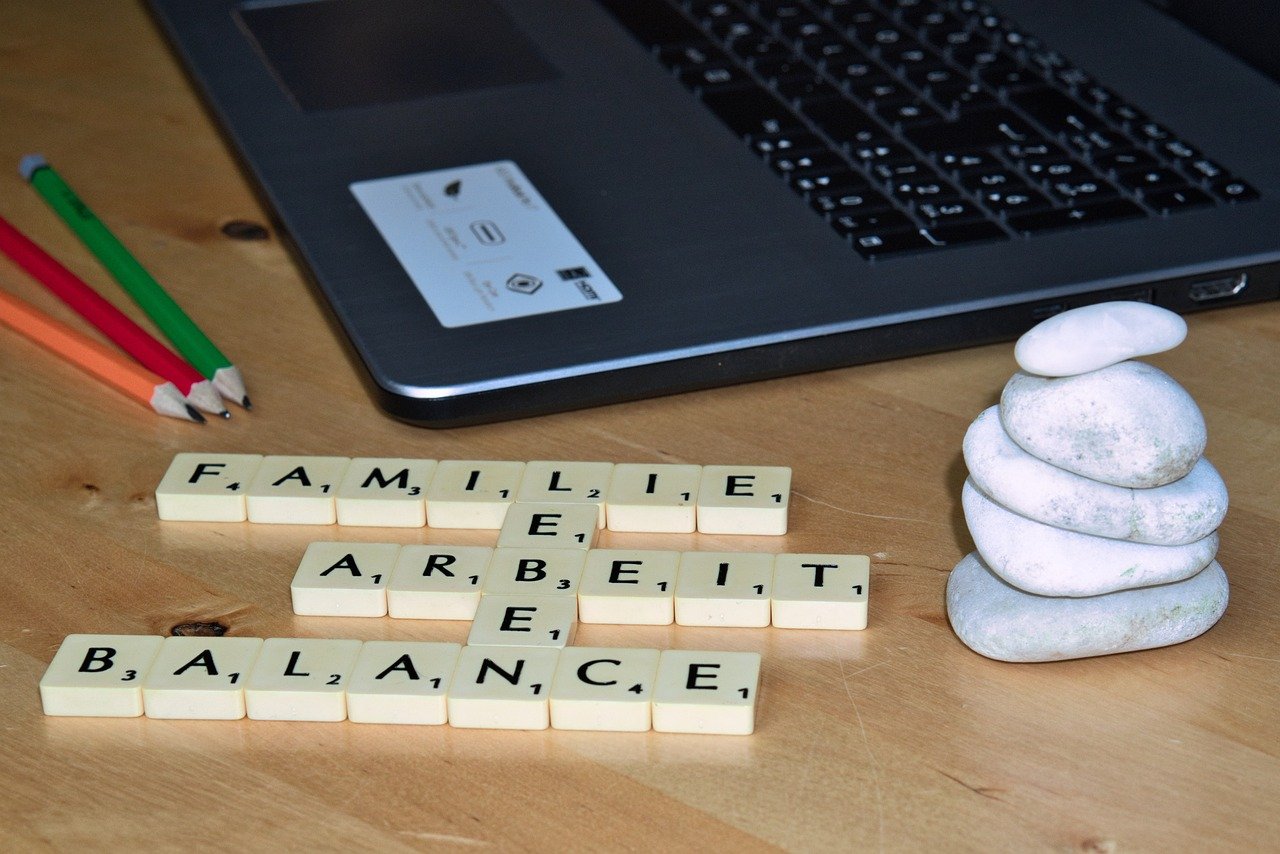
Photo Credit ( Pixels )
Understanding a nation’s work-related attitudes and if work-life balance is a priority is crucial for anyone thinking about moving abroad.
Work-life balance is frequently seen as the secret to psychological wellness and a good lifestyle. Therefore, it should come as no surprise that knowledge of a nation’s work culture is crucial for anyone thinking about moving abroad.
We examined the 2023 Global Life-Work Balance Index by HR-tech company Remote, which considers factors like statutory yearly leave, minimum statutory sick pay percentage, and quantity of paid maternity leave, to determine which countries have the best work-life balance. We also examined statistics on work-life balance from the OECD, which examines how much time workers spend on leisure and personal care among its 22 member nations.
Five of the top-ranked nations are as follows:
The New Zealand
With 26 paid weeks of maternity leave, New Zealand tops Remote’s list. This is made possible by the country’s comparatively high minimum salary, 32 days of statutory yearly leave, and a minimum 80% statutory sick pay rate.
Erin Parry, a Canadian who works in marketing and resides in New Zealand, argues that the culture as a whole, rather than any one regulation, is what makes work more laid-back.
“As a Canadian, you have such a ‘do-or-die’ attitude about work,” she stated. “I just did not know how I was going to survive that.” It appeared to provide a new approach when she visited New Zealand in 2015, and it has mostly lived up to expectations when she moved there permanently that same year.
Family, well-being, leisure, and travel are people’s top priorities.
New Zealand isn’t flawless, of course. According to OECD data, 14% of workers put in more than 50 hours a week, which is higher than the 10% OECD leave average. Additionally, they spend a little less time on leisure activities (such as watching television, engaging in hobbies, and spending time with friends and family) and personal care (such as eating and sleeping) than the OECD average of 14.9 hours a day. Parry notes that childcare expenses are considerable and rising, and that New Zealand does not provide some of the government assistance that other wealthy nations do, such as worker insurance in the event of unemployment.
Furthermore, there may be disadvantages to New Zealand’s laid-back work style. “If you are trying to get something done and you have any urgency, that’s just too bad for you,” Parry stated. “December is a write-off; not much actually occurs during that time. Individuals don’t reply to their emails.
However, Parry asserts that it is difficult to match New Zealand’s cultural perspective on work-life balance. “People’s main priorities are their family, their wellbeing, recreation, travel,” she stated. “They really take their time as very valuable and very precious and believe that work is a means to an end – and not your whole life.”
Spain
Spain’s 26 days of statutory yearly leave help it rank second on the Remote ranking. In contrast, workers in Spain spend more time on leisure and personal care than workers in any other nation except France and Italy, according to OECD data. Just 2.5 percent of people in paid jobs put in extremely lengthy hours.
Travel writer Isabelle Kliger, who has lived in Sweden, the UK, Ireland, and Barcelona since 2010, is not surprised by it. “In the UK and Ireland, so many people spend all their time at work, and then when they’re not working, they’re socialising with their colleagues,” she stated.
Not in Spain. “People don’t ask you what you do right away when you meet them here. Additionally, they avoid discussing employment outside of work,” she clarified. Perhaps someone who you meet for a drink just after work might say, ‘I had the worst day.’ Within ten minutes, you’re discussing something different.
Nevertheless, she claims that it’s typical to hear Spanish people describe how hard their jobs are. The shift in work hours is partly to blame for this. The conventional workday used to run roughly from 08:30 to 13:30, with a one- or two-hour break, and end at 19:00 or 20:00. However, for years, the siesta has been declining. Because of this, some employees were remaining late at work instead of having their lunch break. In an attempt to counteract this change, Spain’s prime minister at the time made headlines in 2016 when he declared his desire for workdays to end at 18:00 instead.
According to current EU data, Spanish workers put in an average of 37.8 hours per week, which is just roughly 20 minutes higher than the European average. For many businesses that still use extended lunch breaks, a Friday custom known as jornada intensiva is observed throughout the summer: employees leave the office at 15:00 in place of the lunch break.
Kliger claims that the end result is a culture that, in her opinion, has its priorities in line. She remarked, “You don’t live to work,” “You work to live.”
Denmark
Helen Russell, author of The Year of Living Danishly, has lived in Denmark for almost ten years and is one of the few people who truly understands the advantages of the country’s work-life balance.
“I worked as a journalist in London for 12 years,” she stated. “I put in a lot of work. It was crowded. The trip from London frequently left little time for “life” in the context of work-life balance. I simply assumed that was typical. After that, we relocated here.
She claims that among other things, she observed how rigid the line separating “life” and “work” is. “At 8:00, the workday begins. According to her, people typically turn off their computers at sixteen o’clock. Everyone, including those without children, ends their workday at 16:00 because that is when children are typically picked up from the nursery. “Families spend a very special time together between, say, 16:00 and 19:00 every day. After the kids go to bed, you might respond to a few emails, but that’s about it. Additionally, it implies that those without children are free to prioritize their own hobbies and free time just as much as parents do for their kids. You can write things like “I have badminton club” or “I have to go to the gym” in your journal.
Among the wealthiest nations, the nation also provides 36 days of statutory yearly leave, and employees are entitled to 100% of their pay on sick days.
France
France has 16.2 hours of personal and leisure time each day, second only to Italy, according to OECD data. The nation is ranked third overall on the Remote list for work-life balance, and it has one of the greatest mandatory annual leave days (36).
Indeed, residents prioritize leisure time even in a bustling metropolis like Paris, according to Sarah Micho, a Canadian freelancer and entrepreneur who relocated to the capital in 2021. “French culture promotes a sense of relaxation and rest,” she stated. One example is cafe culture: she claims that people are frequently seen sitting and unwinding outside at any time of day, especially in pleasant weather, and not only with friends or coworkers but also by themselves while enjoying a leisurely cup of coffee.
“It still depends on the role and the industry,” she explains. Micho worked from 10:00 to 19:00 as an intern in the fashion sector, and many other individuals were also making their way home during that time. Actually, 8% of French workers put in more than 50 hours a week, which is less than the OECD average of 10% but still more than many other highly ranked nations.
However, Micho claims that overall, the strategy is balanced, with a focus on culture, and that France’s prioritization of money for the arts and culture has an impact. Additionally, it helps you find equilibrium in your hectic professional life. “You see expos or events that are advertised on the metro,” she remarked. “There’s more of that sense of having a life outside of your job.”
Italy
As I discovered while I lived in Rome, the well-known Italian expression “il dolce far niente” (the sweetness of doing nothing) is more than just lip service. “I think Italians invented the concept of work-life balance,” concurred Andres Uribe-Orozco, a lawyer who has lived in the US and Colombia before settling in Rome. “People are not just constantly running around like headless chickens for ‘work, work, work’.”
This is supported by OECD data. Full-time workers devote 16.5 hours, or 69% of their day, on leisure and personal care. It is the OECD nation with the highest leisure time, with an average of 1.5 hours greater than the average. In contrast, only 3% of workers in Italy put in more than 50 hours per week, compared to 10% of OECD workers.
People believe Italians are unproductive. No, Italians put in a lot of labor. All they do is produce.
“It is believed that Italians are unproductive. No, Italians put in a lot of labor. “They’re simply productive,” Uribe-Orozco stated. “They do what they have to do, and they do it quickly so they can enjoy their long coffee pauses.”


